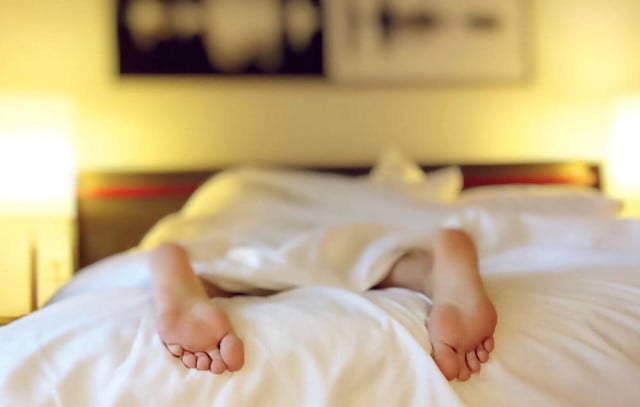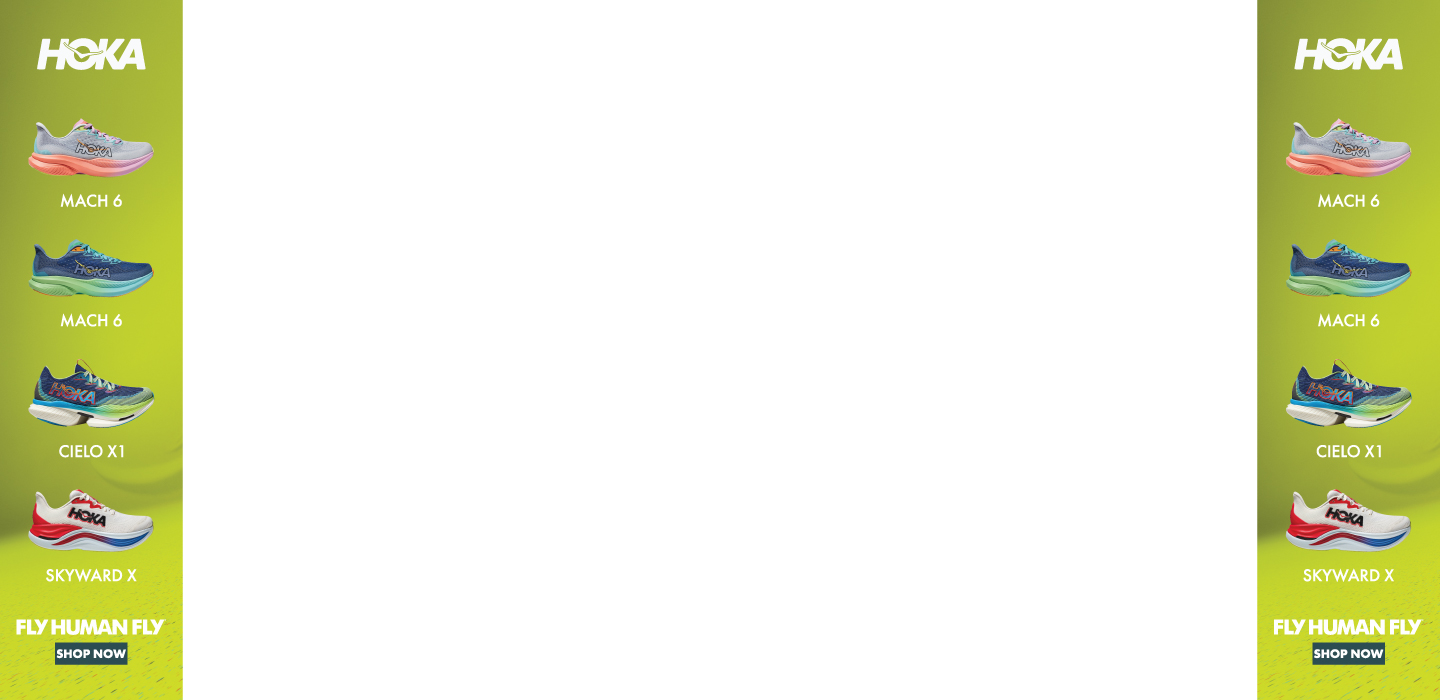7 Ways Runners Can Get Better Sleep
You'll run better if you invest in a good night's rest.
You’ll run better if you invest in a good night’s rest.

4. Unplug… Thirty minutes before going to sleep, turn off your TV, silence your cell phone, and shut down your computer. Bright screens can stop your body from producing the hormones that help you fall asleep. Try reading an old-fashioned paper book — or a print copy of Runner’s World.
5. …and dim the lights. Bright lights screw with your falling-asleep hormones, too. Light can also wake you, so make sure you have thick drapes covering your windows or a snug but comfortable light-shielding eye mask.
6. Keep it quiet. Do what you can to prevent noises from interrupting your slumber. If you live on a noisy street, keep your windows closed. If you have a noisy pet, keep him or her in a part of the house away from your bedroom. If you have a noisy bedmate, invest in some earplugs.
7. Avoid alcohol, probably. Studies have concluded that alcohol, in any amount, can help you doze off, and can increase the time you spend sleeping deeply. However, it inhibits your REM sleep — the kind that helps with memory and concentration the next day — and its positive effects wear off after a few hours. Normal sleepers should avoid alcohol to get their best sleep. If you have lots of trouble falling asleep, a nightcap may help, but if it’s a consistent problem, talk to your doctor.



